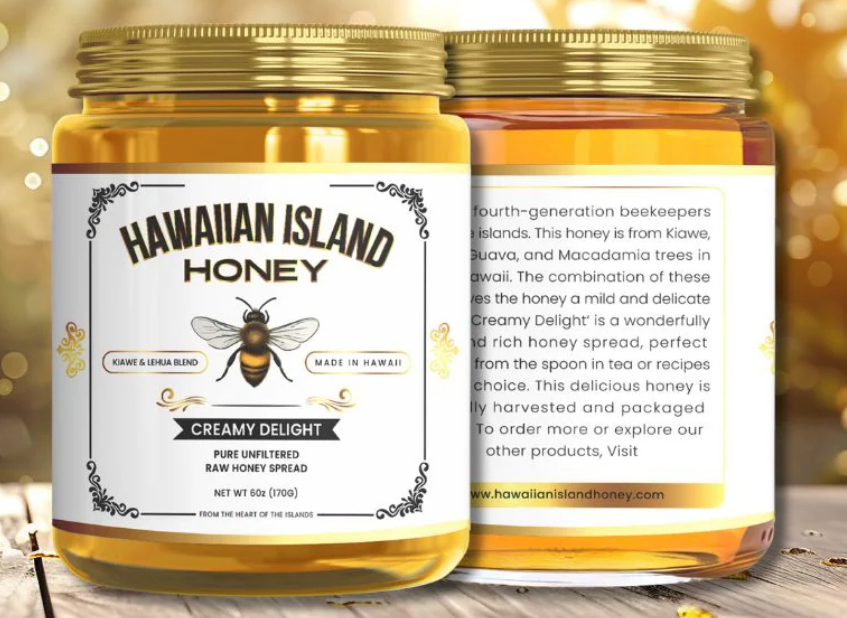Hawaii, with its lush landscapes and unique ecosystems, presents a remarkable opportunity for sustainable beekeeping. As a paradise for diverse flora and fauna, the islands offer ideal conditions for thriving bee colonies. However, the challenge lies in maintaining these practices to promote biodiversity while ensuring that honey production remains eco-friendly. In this article, we delve into the world of sustainable beekeeping in Hawaii, exploring its benefits, challenges, and best practices.
The Importance of Sustainable Beekeeping in Hawaii
Hawaii's delicate ecosystems are home to native plant species and diverse wildlife that rely heavily on pollination. Bees play a crucial role in this natural process, making sustainable beekeeping not just a benefit but a necessity for the islands. Here’s why it matters:
- Biodiversity Preservation: Bees contribute to the pollination of native Hawaiian plants, many of which are endemic and cannot be found elsewhere.
- Economic Benefits: The honey industry in Hawaii supports local economies by providing jobs and boosting tourism.
- Environmental Health: Practicing sustainable beekeeping ensures that no harmful chemicals disrupt the ecological balance.
Challenges Facing Sustainable Beekeeping in Hawaii
While the potential benefits are immense, beekeepers in Hawaii face several challenges:
- Invasive Species: The introduction of non-native species can threaten local bee populations and disrupt existing ecosystems.
- Climate Change: Unpredictable weather patterns affect flowering seasons, which can impact bee nutrition and honey production.
- Pesticide Use: The use of chemical pesticides in agriculture poses serious risks to bee health and biodiversity.
Best Practices for Sustainable Beekeeping
To counteract these challenges, beekeepers in Hawaii are adopting innovative practices that prioritize sustainability:
1. Organic Farming Techniques
- Avoid Chemical Pesticides: Use natural pest control methods, such as introducing beneficial insects or using organic sprays.
- Promote Biodiversity: Plant a diverse range of native flowers and plants to provide bees with a consistent food source throughout the year.
2. Integrated Pest Management (IPM)
- Monitor Hive Health: Regularly inspect hives for signs of disease or pest infestations and take immediate action to manage them naturally.
- Use Biological Controls: Introduce natural predators or microorganisms to reduce harmful pest populations without resorting to chemicals.
3. Educate and Engage the Community
- Host Workshops: Educate local communities about the importance of bees and sustainable practices through workshops and demonstrations.
- Collaborate with Local Farmers: Work together to establish bee-friendly habitats and minimize pesticide use.
4. Conservation Efforts
- Protect Native Species: Support conservation programs aimed at preserving native plants and animals that are crucial to the ecosystem.
- Create Bee Sanctuaries: Designate areas where bees can thrive without interference from human activities or environmental stressors.
The Role of Technology in Sustainable Beekeeping
The integration of technology into beekeeping practices has opened up new avenues for sustainability:
- Smart Beehives: Utilize technology to monitor hive conditions in real time, allowing beekeepers to respond swiftly to any changes.
- Data Analysis: Collect and analyze data on bee behavior, health, and environmental conditions to make informed decisions that support hive sustainability.
Conclusion: Building a Sustainable Future for Beekeeping in Hawaii
Sustainable beekeeping in Hawaii is not just a trend but a crucial practice for preserving the islands' unique ecosystems. By adopting eco-friendly techniques and leveraging technology, beekeepers can ensure that their practices contribute positively to the environment while also reaping economic benefits.
As enthusiasts, environmentalists, and consumers, supporting sustainable beekeeping practices in Hawaii is imperative. Whether you're a local beekeeper, a honey lover, or simply someone passionate about preserving nature, there's a role for everyone in fostering a sustainable future.
Call to Action: Join the movement! Support local Hawaiian beekeepers, choose sustainably sourced honey, and spread awareness about the importance of sustainable beekeeping. Together, we can ensure that Hawaii remains a paradise not only for its people but also for its buzzing pollinators.
By focusing on sustainable practices, Hawaii can set a global standard for eco-friendly beekeeping, ensuring that its natural beauty and biodiversity are preserved for generations to come.
